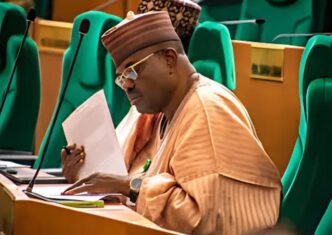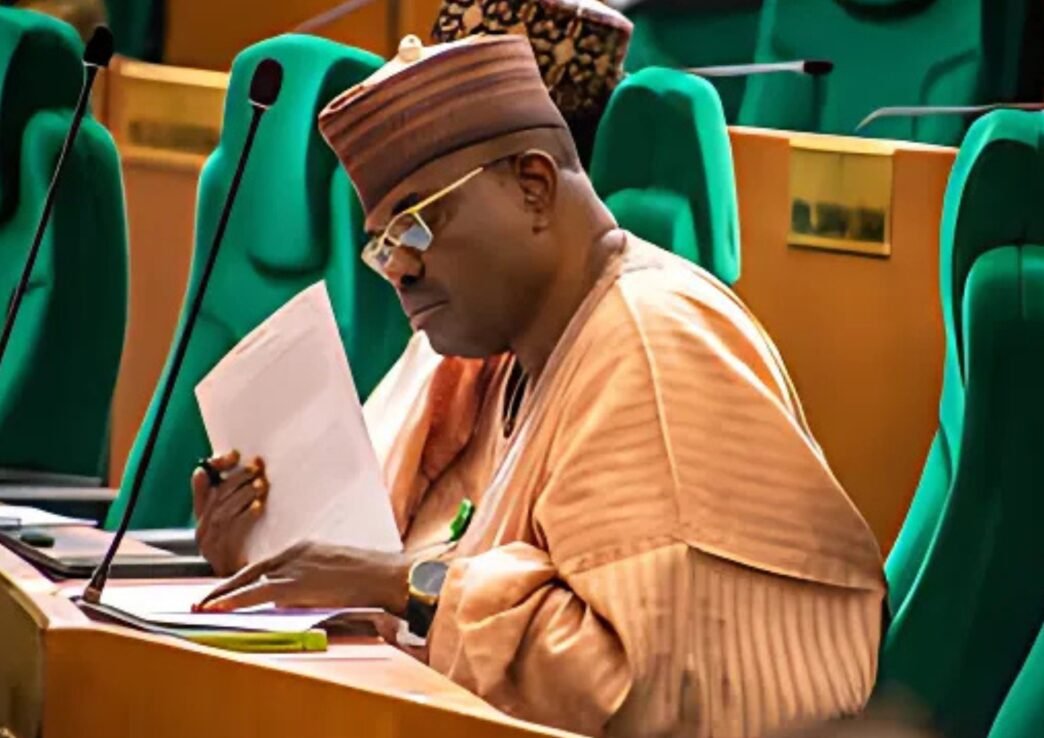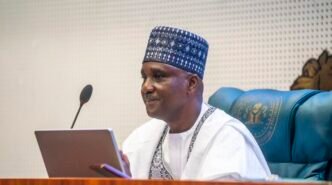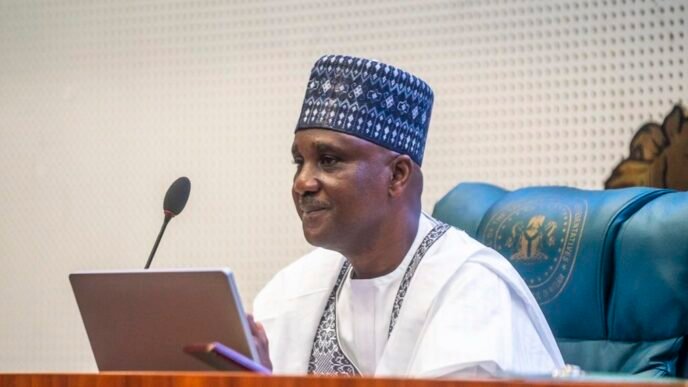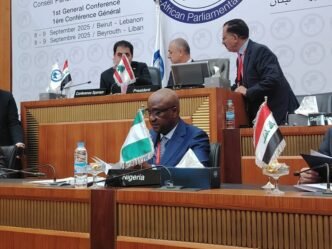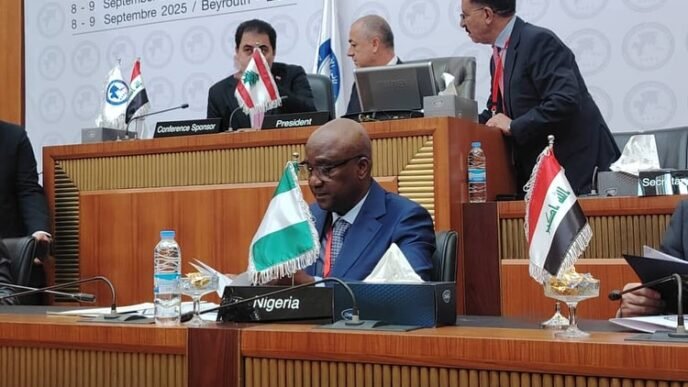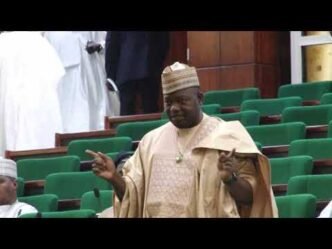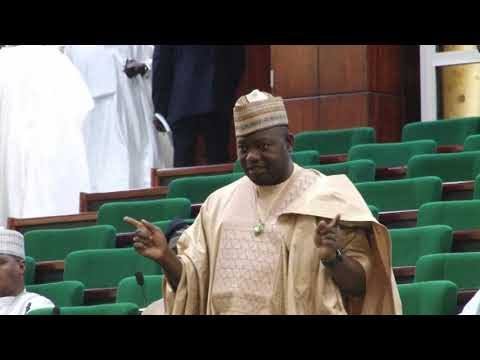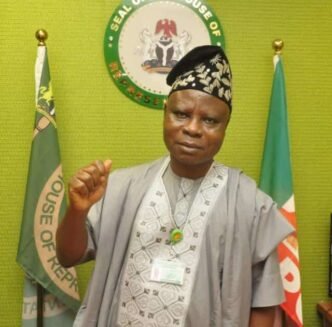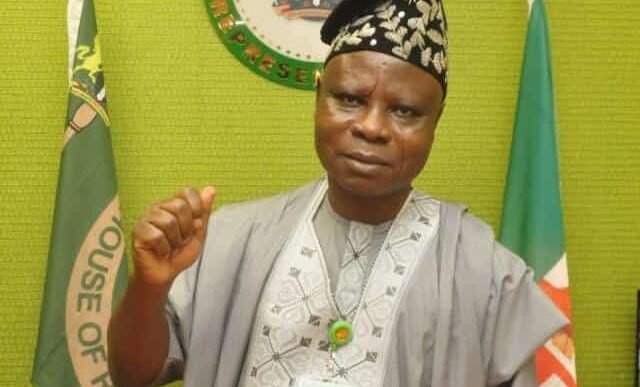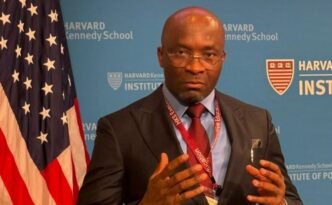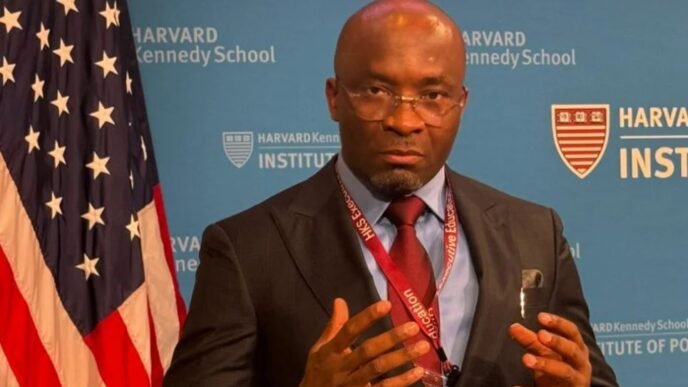HB.2241-A Bill for an Act to Amend the Federal Medical Centres Act, 2022 to Establish Federal Medical Centre, Gwadabawa, Sokoto State. Bill Sponsored by Hon. Isa Bello Ambarura. Bill Progress: Second Reading.
The Nigerian legislature is witnessing the introduction of a significant bill aimed at enhancing healthcare access in Gwadabawa, Sokoto State. Sponsored by Hon. Isa Bello Ambarura, the bill, numbered HB.2241, proposes the establishment of a new Federal Medical Centre (FMC) in Gwadabawa, a move that underscores the ongoing legislative trend of creating federal institutions within lawmakers’ constituencies.
The primary objective of HB.2241 is to amend the Federal Medical Centres Act of 2022. Instead of drafting a completely new law, the bill seeks to add “Federal Medical Centre, Gwadabawa, Sokoto State” to the existing Second Schedule of the Principal Act. This approach provides a legal foundation for the FMC’s establishment and operation, a method commonly employed in the Nigerian legislature to facilitate the creation of federal services such as hospitals and educational institutions.
As of now, HB.2241 has successfully passed both its First and Second Readings in the House of Representatives. Following the Second Reading, the bill was referred to the House Committee on Health Institutions for further deliberation. The committee is set to conduct a public hearing where insights will be gathered from various stakeholders, including the Federal Ministry of Health, medical professional bodies, and representatives from the local community. After the hearing, the committee will compile a report for the House, which will consider the bill for its Third Reading and eventual passage.
The establishment of a Federal Medical Centre in Gwadabawa is anticipated to yield multiple benefits for the locality and its surrounding areas. Foremost among these is improved healthcare access, as the FMC would serve as a tertiary healthcare facility, drastically reducing the need for residents to travel long distances to Sokoto city or beyond for specialized medical services. This is especially critical in a country where access to quality healthcare remains a pressing concern.
Job creation is another significant impact expected from the establishment of the FMC. The new center is projected to create numerous direct and indirect jobs for healthcare professionals—including doctors, nurses, and pharmacists—and support staff, thus providing a boost to the local economy. Moreover, the FMC is envisioned to play a vital role in the training of medical students, house officers, and other health professionals, in addition to serving as a hub for medical research.
Furthermore, the new medical center is expected to alleviate the burden on existing Federal Medical Centres and teaching hospitals in the region, helping to address overcrowding and improve service delivery.
However, the introduction of HB.2241 is not occurring in isolation. It is one of several similar bills currently under consideration in the National Assembly, as lawmakers from across Nigeria advocate for the establishment of new FMCs, universities, and federal institutions within their constituencies. This wave of legislation reflects a collective desire to enhance infrastructure and services nationwide. Nevertheless, it raises crucial questions regarding the feasibility and sustainability of funding for these proposed projects. The Federal Government’s capability to finance and equip new healthcare facilities is a significant consideration in the legislative and budgetary processes.
The ongoing discussions and developments surrounding HB.2241 exemplify the interplay of health policy, local representation, and infrastructure development within Nigeria’s legislative framework. As the bill progresses through the legislative process, its potential to transform healthcare delivery in Gwadabawa remains a central focus for both lawmakers and constituents alike.
